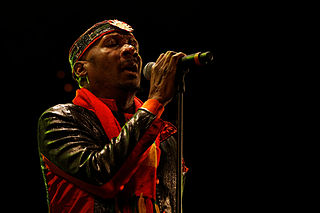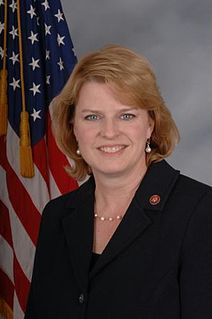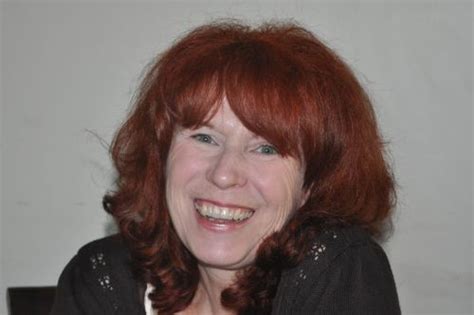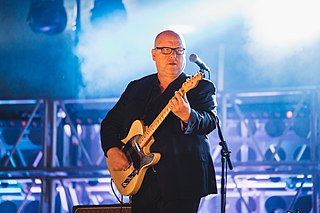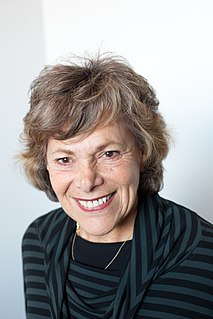A Quote by Jimmy Cliff
Christian values were important at home. Cleanliness. Don't steal. Don't lie. Those were the rules, and they were strictly enforced. Especially the stealing and lying. When you broke the rules, you got a beating. I always broke the rules a lot.
Related Quotes
Prince is my favorite ever. I've liked Prince since... It's been a really long time. Even in junior high. I used to only like punk for a while, and I had all these rules for what kinds of groups were cool, and who was not cool, but as soon as I saw this one Prince video... It just broke all those rules. I was like, 'I love this no matter what.'
I'm an untrained musician. Untrained musicians don't really have any music theory, they don't have a lot of rules. We break the rules, but it's mostly because we don't know what the rules are. It's easy for us to go to certain places, so I'm not surprised that a lot of people were amused by my songwriting style.
By the time Kafka was seven or eight years old, he already had a relatively dark view of the world derived from experiences in his own family. This told him that the world was organized in a strictly hierarchical manner and that those on the top were allowed to mete out punishment in any way they chose. They were entitled to leave those on the bottom uninformed about the rules to which they subscribed; they weren't even required to follow their own rules - this is how Kafka described it in his later Letter to My Father.
Marla [from Rules Don't Apply] especially, believed that she has a certain set of rules that she had to abide by, in order to be successful in Hollywood. How she acted, how she approached things and even in her relationship with her mother - there were a lot more rules and regulations expected of ambitious women, even before they got into the door.
